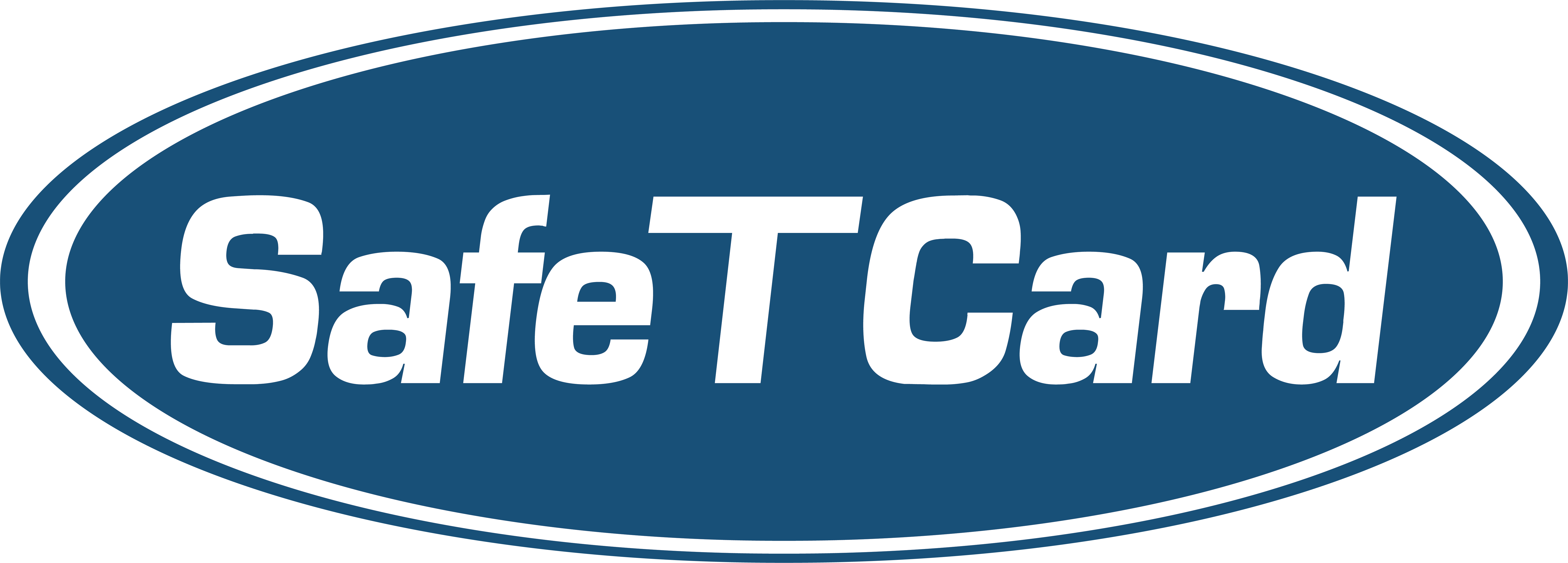As of 2024, protecting lone workers in Tasmania is an essential responsibility for employers, governed by specific legislative requirements. SafeTCard provides advanced safety solutions to help businesses comply with these laws and ensure the well-being of their employees.
Tasmanian Work Health and Safety Legislation
The Work Health and Safety Act 2012 and WHS Regulations 2012 are the primary legislative frameworks that govern workplace safety in Tasmania. These laws require employers to provide a safe working environment for all employees, including those working alone. Key components include:
- Duty of care: Employers must ensure the health and safety of their employees, implementing necessary measures to protect lone workers.
- Risk management: Employers are required to conduct regular and thorough risk assessments to identify potential hazards that lone workers may face and take appropriate steps to mitigate these risks.
- Monitoring and communication: Effective systems must be in place to monitor lone workers and maintain communication, ensuring their safety and quick response in emergencies.
——————————————
Work Health and Safety Act 2012 Tasmania
Division 3 – Further duties of persons conducting businesses or undertakings
20. Duty of persons conducting businesses or undertakings involving management or control of workplaces
2) The person with management or control of a workplace must ensure, so far as is reasonably practicable, that the workplace, the means of entering and exiting the workplace and anything arising from the workplace are without risks to the health and safety of any person.
Work Health and Safety Regulations 2022
Division Six –Remote or isolated work
48. Remote or isolated work
(1) A person conducting a business or undertaking must manage risks to the health and safety of a worker associated with remote or isolated work, in accordance with Part 3.1 .
(2) In minimising risks to the health and safety of a worker associated with remote or isolated work, a person conducting a business or undertaking must provide a system of work that includes effective communication with the worker.
(3) In this regulation –
assistance includes rescue, medical assistance and the attendance of emergency service workers;
remote or isolated work, in relation to a worker, means work that is isolated from the assistance of other persons because of location, time or the nature of the work.
——————————————
WHSOLA Act 2024: Enhancing lone worker safety
In March 2024, significant updates were made to the Work Health and Safety (WHS) regulations, specifically targeting the safety of lone workers. The Work Health and Safety and Other Legislation Amendment Act 2024 (WHSOLA Act) introduces several key changes including:
- Prohibition on insurance for WHS penalties: Ensures that businesses cannot use insurance to cover fines related to work health and safety penalties, enhancing the deterrent effect of monetary penalties.
- Enhanced worker representation: Strengthens the role of Health and Safety Representatives (HSRs) and clarifies the rights and responsibilities of WHS entry permit holders.
- Updated compliance requirements: Introduces stricter guidelines for risk management and incident reporting. Employers must maintain comprehensive records of safety measures and incidents, implement effective risk management strategies, and regularly review and update their safety protocols.
These changes have now been incorporated into Tasmania legislation.
Specific requirements for lone workers
Employers in Tasmania must take proactive steps to manage the risks associated with lone working:
- Identify hazards: Conduct comprehensive assessments to identify specific risks lone workers might encounter, such as isolation, lack of immediate assistance, or exposure to hazardous conditions.
- Implement control measures: Establish and enforce procedures and safety measures to control identified risks, including the use of personal safety devices and regular check-ins.
- Provide training: Ensure lone workers are adequately trained to handle emergency situations and use safety equipment effectively.
How SafeTCard solutions align with Tasmanian legislation
SafeTCard provides advanced safety solutions designed to meet and exceed the legislative requirements in Tasmania, ensuring your business remains compliant while offering robust protection for your lone workers.
- Detailed risk assessments: SafeTCard’s devices and systems facilitate thorough risk assessments, helping you identify and address potential hazards.
- Real-time monitoring upon activation: Our GPS-enabled devices ensure that the location of lone workers is always known, allowing for quick responses in emergencies.
- Emergency alerts: SafeTCard’s solutions include emergency alert systems that enable lone workers to call for help instantly, ensuring timely assistance.
See more:
- Lone worker safety in the ACT
- Protecting lone workers in the Northern Territory
- Ensuring Compliant Lone Worker Safety in Victoria
Benefits of using SafeTCard
- Compliance: SafeTCard’s solutions help businesses comply with Tasmania’s WHS laws, avoiding potential fines and legal issues.
- Enhanced safety: With real-time monitoring and immediate alert capabilities, SafeTCard significantly improves the safety of lone workers.
- Peace of mind: Employers and employees alike can have peace of mind knowing that SafeTCard provides robust protection and support.
Taking the next step
To ensure your business complies with Tasmania’s lone worker safety legislation and effectively protects your employees, consider integrating SafeTCard’s comprehensive safety solutions. Our team of experts is ready to assist you in selecting and implementing the right products to meet your needs.
For more information and to explore our range of safety solutions, contact us today. Together, we can create a safer working environment for all lone workers.




